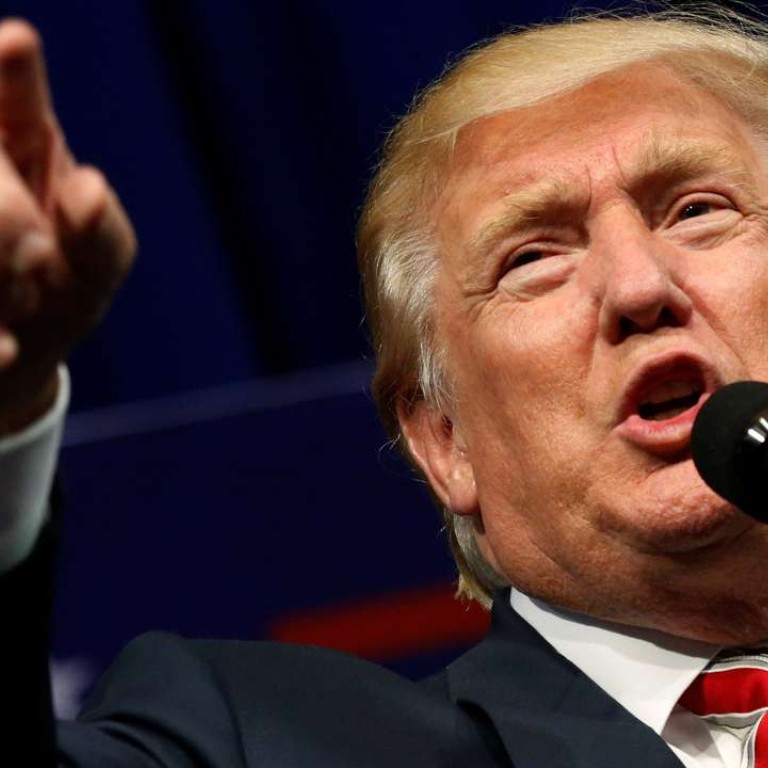
The secret of snake oil salesman Donald Trump’s success
Paul Stapleton says his popularity, implausible as it seems, can be explained by a cognitive bias within us that makes us susceptible to emotional appeals
The popularity of Donald Trump may be one of the more befuddling phenomena of our times. The most recent polls have him in a tight presidential race against Hillary Clinton. While Trump’s ability to make it this far may seem implausible, there is actually a hidden logic to his success.
When Trump first joined the race, few gave him more than a couple of months before he would implode in the primaries, given his bombastic personality and constant self-aggrandising braggadocio. Added to this are the many occasions where the press has caught him in an outright lie.
Then there are his ideas and plans. Building a wall between Mexico and the US while making Mexico pay for it is a fantasy. For Trump, the trivial matter of getting such a proposal passed in Congress is considered too small a detail to even mention. Likewise, enacting a law that would ban all Muslims from entering the country is an election ploy.
Why ‘risky’ Donald Trump looks a better bet in the race to be US president
Yet, tens of millions of Americans would actually be willing to elect a person with such wildly unrealistic proposals. How can this one man dupe roughly half of the population of the world’s most powerful nation?
In fact, Trump, whether by accident or insight, has taken advantage of a common cognitive bias harboured in most of us.

Long-distance lovers: Donald Trump’s Asian supporters
This cognitive bias is called the “affect heuristic”, which is a mental shortcut that allows people to make decisions and find solutions quickly. However, these solutions are based on our emotions, such as fear and anger, rather than careful and logical decision-making.
Being president of the United States is an enormously difficult job. The daily decisions in a president’s hands, which are often choices between bad, and really bad outcomes, are complex. Enter The Donald, who simplifies America’s most protracted problems with comments like “I would bomb the s**t out of Isis”.
All leaders who want to get elected or stay in power know that one of the best ways to do so is to appeal to emotions, such as the fear of terrorists (bomb them) or loss of jobs (build a wall on the southern border). In other words, provide simple solutions to complex problems, claim to make your country great again, and everything will be hunky dory.
Since large segments of any country’s population are unaware of the power of the affect heuristic, leaders can play on the fears and desires of the public and even create mortal enemies out of mild or non-existent threats. Salesmen like Trump have been with us from time immemorial. This time, however, never have the consequences of being duped by a merchant of snake oil been so high.
Paul Stapleton is an associate professor at the Education University of Hong Kong

